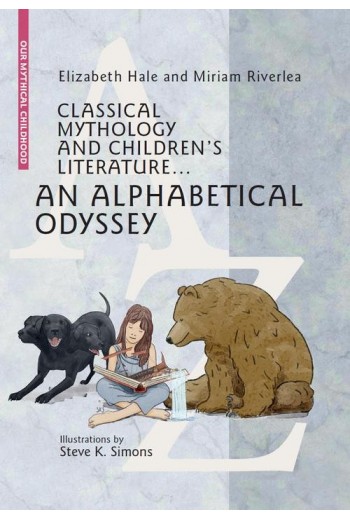- Nowy


Modal content..

TematykaKultura
AutorzyElizabeth HaleMiriam Riverlea
WydawnictwoWydawnictwa Uniwersytetu Warszawskiego
Rok wydania2022
ISBN978-83-235-5729-6